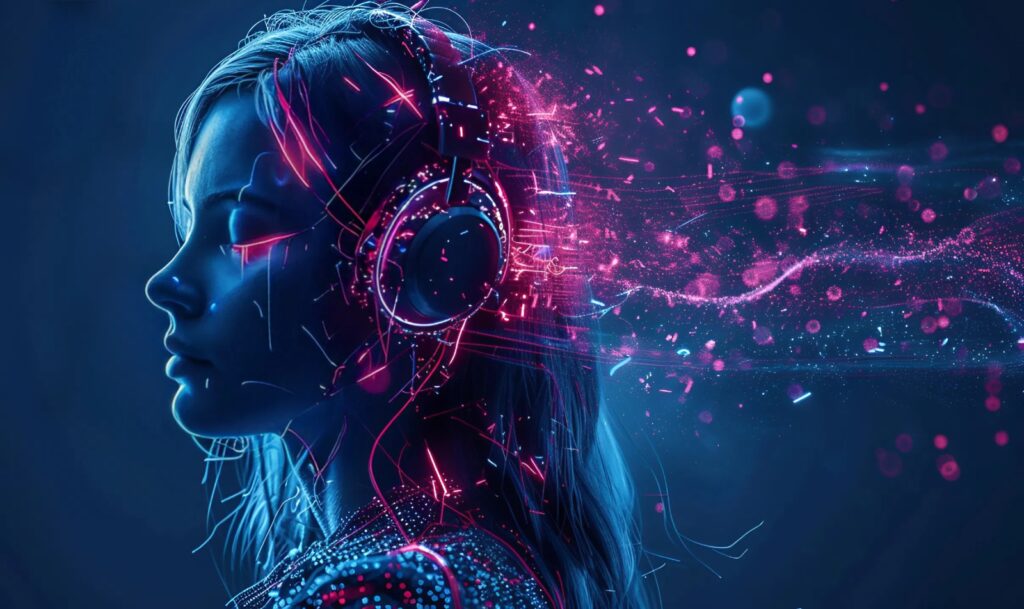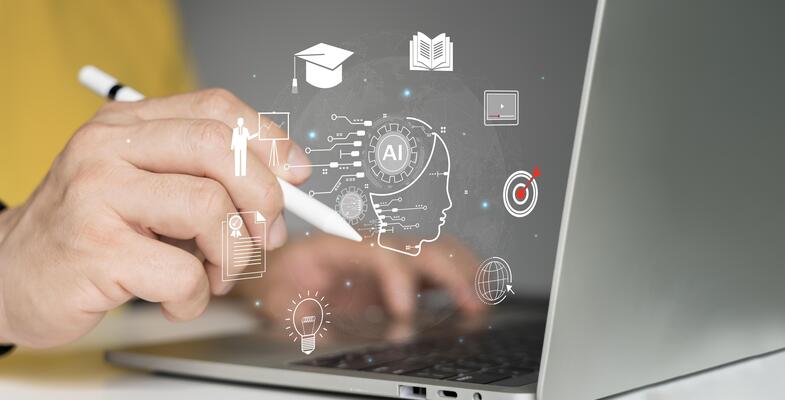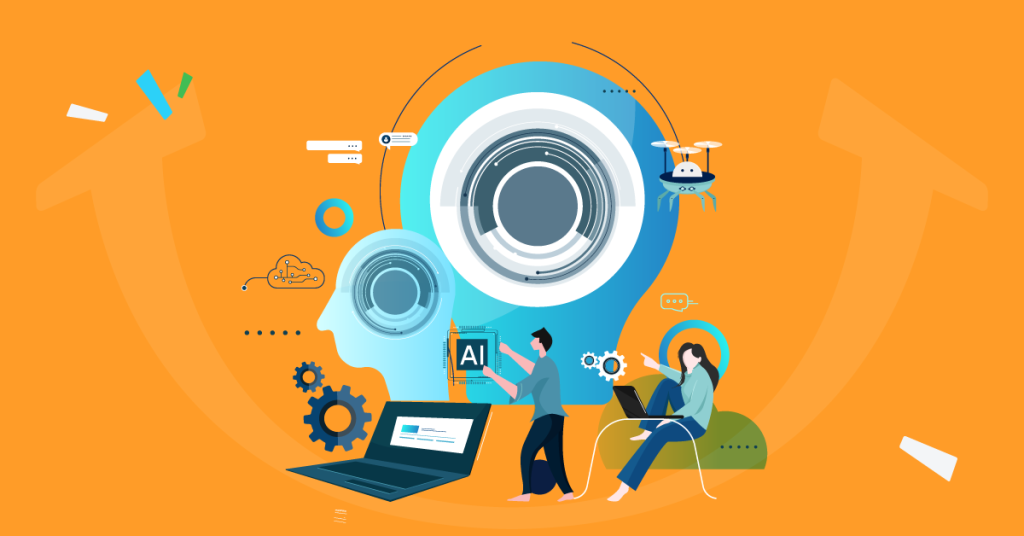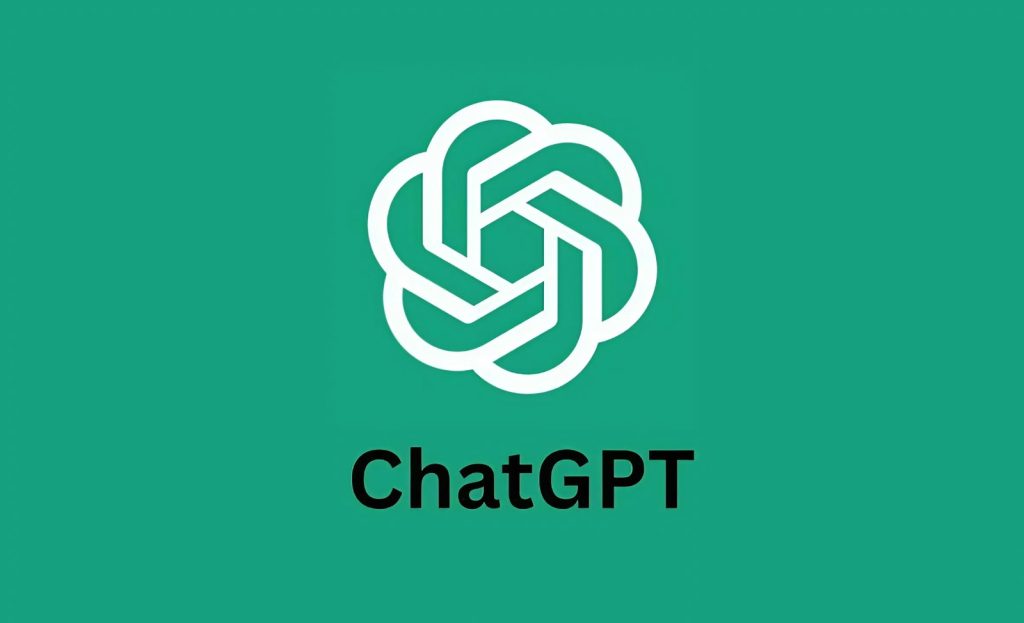How AI is Shaping the Future of Personalized Learning Journeys

Title: How AI is Shaping the Future of Personalized Learning Journeys
—
In recent years, artificial intelligence (AI) has emerged as a transformative force across various sectors. Education, a realm often resistant to swift change, has now opened its doors to AI, leveraging its capabilities to revolutionize personalized learning journeys. Personalized learning tailors education to individual students’ needs, abilities, and learning paces, contrasting sharply with traditional, one-size-fits-all methods. This blog post explores how AI is innovating and enhancing personalized learning, offering educators, students, and institutions new pathways to educational excellence.
—
**The Rise of Personalized Learning**
Education traditionally followed a standardized curriculum, where teaching was directed towards the average student, often leaving behind the slower learners or failing to challenge the faster ones. However, with the persistent advancements in AI, personalized learning has gained ground as the next leap forward in educational methodology. Personalized learning adapts educational content to suit each student’s unique learning style, pace, and interests, making learning more engaging and effective.
AI plays a pivotal role in crafting these individualized learning pathways. Through data collection and analysis, AI can efficiently identify a student’s strengths and weaknesses, enabling educators to construct bespoke educational experiences. The use of AI in crafting personalized learning journeys is no longer a future aspiration but a present reality in various educational systems worldwide.
—
**AI-Powered Assessment Tools**
One of the most significant contributions of AI to personalized learning is the development of AI-powered assessment tools. Traditional testing methods can be limited in scope and often fail to provide an accurate reflection of a student’s understanding. In contrast, AI-driven assessments offer a continuous, dynamic evaluation process tailored to individual learning journeys.
These AI systems continuously analyze students’ work, providing instant feedback and identifying areas that require further attention. For example, platforms like Gradescope and Coursera use AI algorithms to streamline grading processes and personalize feedback based on the student’s work patterns. Such tailormade assessments ensure students receive immediate clarity on their performance, encouraging them to focus on areas that require improvement.
—
**Adaptive Learning Platforms**
Adaptive learning platforms, harnessing the power of AI, have become crucial in facilitating personalized learning journeys. By utilizing sophisticated algorithms, these platforms adjust educational content in real-time based on a learner’s interactions. This means when a student struggles with a particular topic, the system automatically provides additional resources or alternative approaches to facilitate understanding.
Knewton and Smart Sparrow are exemplary adaptive learning platforms that employ AI to create customized learning paths. By analyzing students’ data, including engagement, performance, and learning habits, these tools modify educational content dynamically, ensuring each learner receives the support they need at their own pace. This not only enhances individual learning outcomes but also allows teachers to focus on crafting higher-level educational strategies and interventions.
—
**AI Tutors and Chatbots**
AI tutors and chatbots are another phenomenal application of AI in personalized learning. Acting as virtual teaching assistants, they offer round-the-clock support to students, helping them navigate tough subjects and challenging concepts. These AI-driven tools provide immediate answers to queries, making learning accessible and convenient.
For instance, the AI-powered chatbot developed by Carnegie Learning named “Mika” provides personalized tutoring for math students, offering step-by-step solutions and explanations. This around-the-clock availability helps bridge the gap between in-class instruction and at-home learning, ensuring that students consistently have access to educational support.
—
**Data-Driven Insights for Educators**
AI’s impact on personalized learning is not limited to student benefits; it also empowers educators by providing data-driven insights. AI systems accumulate vast amounts of data concerning learning behaviors, providing teachers with detailed analytics on student performance.
With platforms like IBM’s Watson Education, educators can generate predictive insights into students’ learning trajectories. These insights allow teachers to identify at-risk students promptly, personalize interventions, and design targeted lesson plans. The ability to leverage this data results in more informed educational decisions, enhancing overall teaching efficacy and student outcomes.
—
**Enhancing Accessibility and Inclusivity**
AI’s role in personalized learning transcends traditional barriers, enhancing accessibility and inclusivity in education systems. AI tools like speech recognition and natural language processing make learning materials accessible to students with disabilities, such as those with visual or auditory impairments.
Programs like Microsoft’s Immersive Reader assist students with reading difficulties by offering various reading modes, highlighting, and voice features. Meanwhile, AI translation tools break language barriers, allowing non-native speakers to access educational content in their preferred language. By championing accessibility, AI ensures that personalized learning caters to all students, regardless of their circumstances.
—
**Challenges and Ethical Considerations**
Despite its immense potential, integrating AI into personalized learning is not without challenges. Concerns about data privacy and the ethical use of AI continue to prompt discussions among educators and policymakers. Ensuring that student data is protected and used responsibly is paramount in fostering trust and acceptance among all stakeholders involved.
Furthermore, there exists a digital divide that may hinder equitable access to AI-powered educational resources. Addressing these challenges requires concerted efforts from governments, educational institutions, and tech companies to create policies that promote fair access, ethical AI use, and data security.
—
**Conclusion**
AI is undeniably reshaping the future of personalized learning journeys, delivering tailored educational experiences that empower both students and educators. By transforming assessments, enabling adaptive learning, offering virtual tutoring, and enhancing inclusivity, AI provides a robust framework for a more individualized, effective education.
As AI technology continues to advance, its potential to foster personalized learning will only grow, unlocking new possibilities for educational innovation. Stakeholders must work collaboratively to navigate challenges, ensuring that AI’s integration into education is conducted responsibly and equitably, fostering an educational landscape that benefits all learners. The future of education is here, and it is personalized, adaptive, and driven by AI.
—





